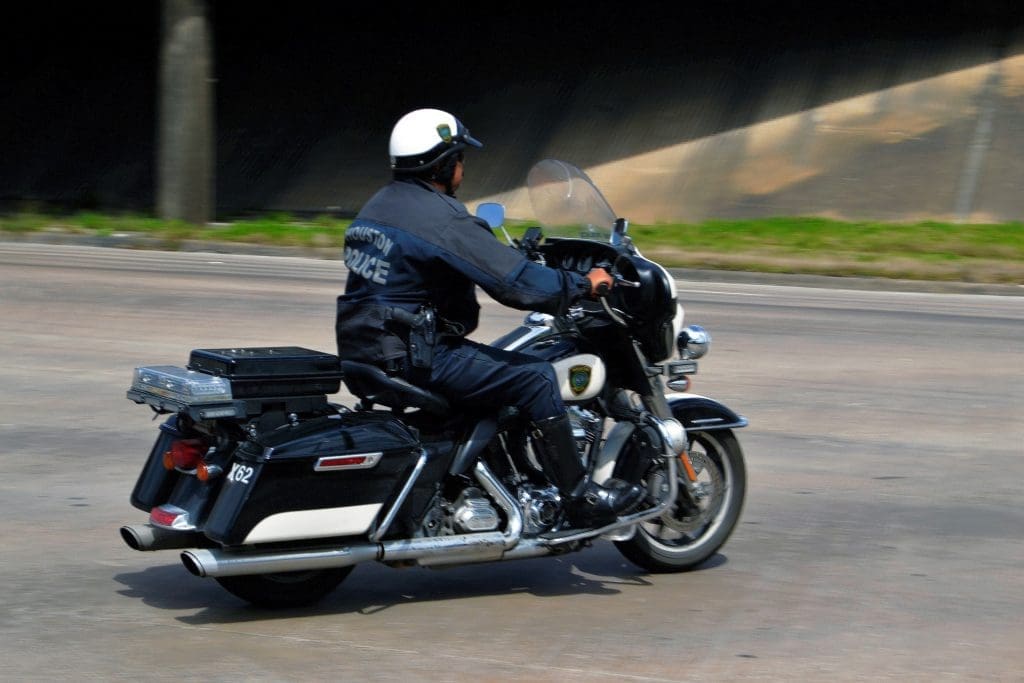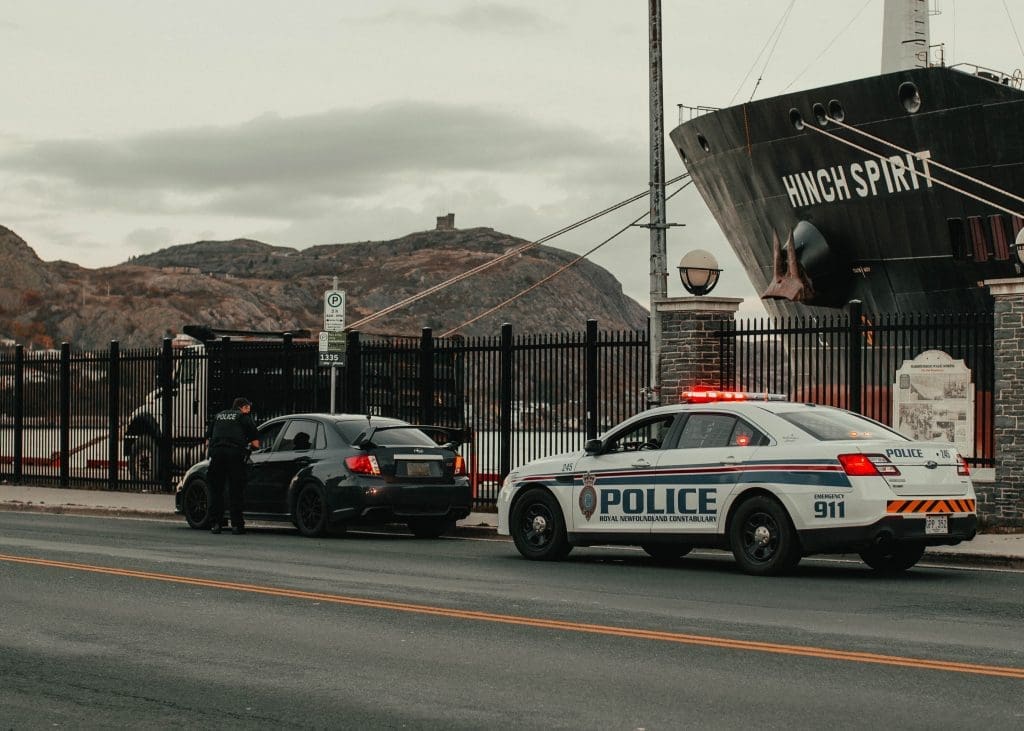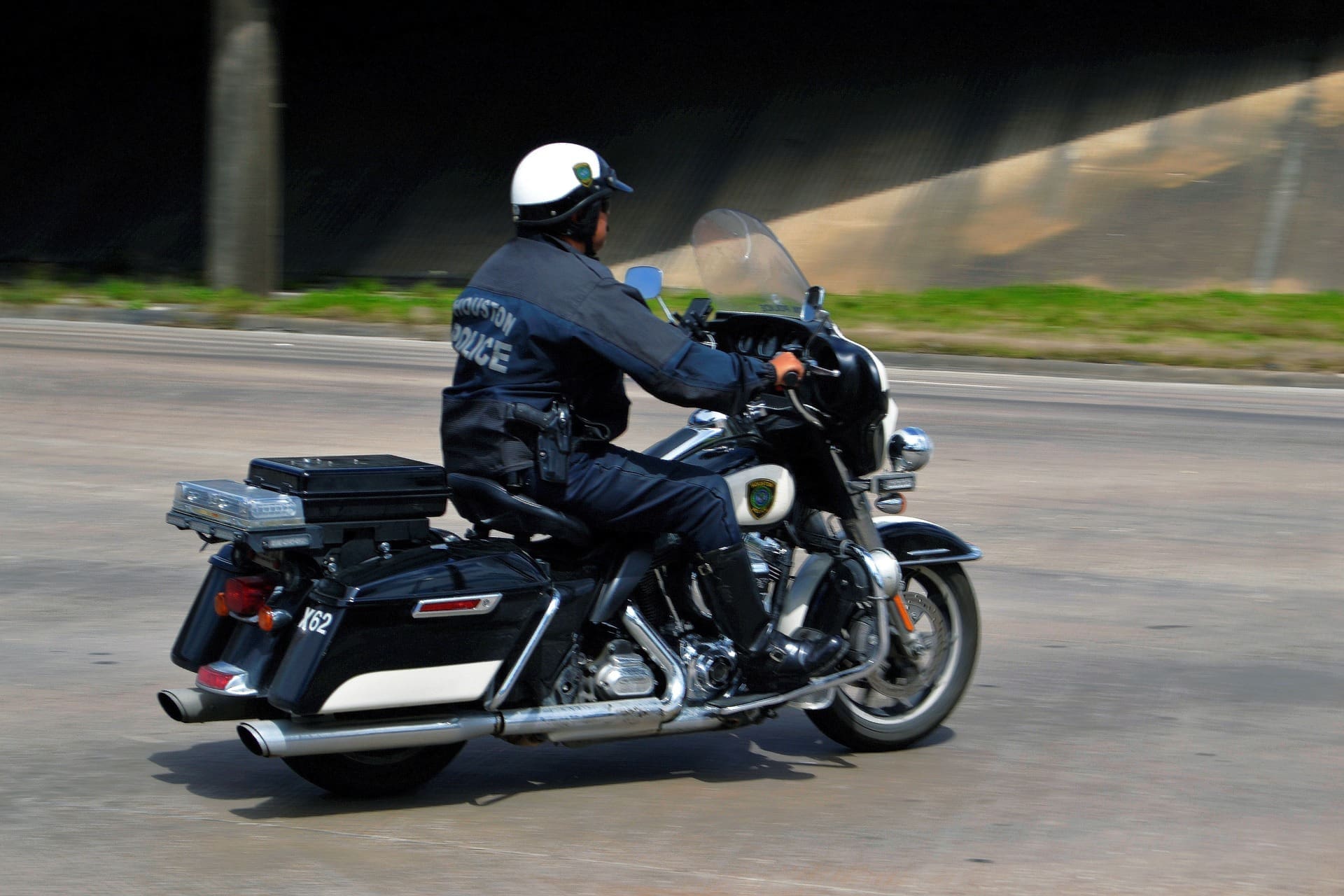7 Strategies to Help Get Out of a Speeding Ticket
The question “Are men better drivers?” has a history of inciting unrelenting battles between the sexes. Unlike male drivers, known for their superior driving capabilities, women are notorious for failing to use their turn signal, ramming their vehicle into unsuspecting curbs, and randomly running red lights. According to recent studies, respondents often dubbed men as better drivers. Yet, women continuously take the cake in the safe driving department. Data shows that women tend to be less aggressive drivers, abide by road rules more than men, and are less likely to be diagnosed with a good old-fashioned case of road rage. With more men putting their pedal to the metal and street racing on a whim, it’s probably not surprising to know that men are significantly more likely to get a ticket than women. Most of the time, these tickets are the result of deadly road vices like drunk driving. So how do you get out of a speeding ticket.
Sadly, men can’t flirt your way out of a speeding ticket when husky male police officers pull them over. However, male drivers can use their charm and wit to your advantage and talk their way out of that dreaded $200 speeding ticket. If your efforts fail, enroll in a defensive driving course with DriveSafe Online to deduct your driving record points.

When involved in the routine traffic stop, how you deal with the situation will often be the difference between getting the ticket or getting off with a warning. Below are seven strategies that can help you talk your way out of a speeding ticket.
Roll down your window
When pulled over, before the cop exits his car or bike and heads towards your window, quickly place your driving license in clear sight on the dashboard and roll down your window. Also, hold the steering wheel in the midnight position instead of having the hands at 10 and 2. That way, your hands will be in plain sight, reassuring the officer in question that you aren’t a potential threat.
Open your glove compartment
Traffic stops are a risky affair for the cops, as they are always at risk of sustaining potentially life-threatening injuries at the hands of lawbreakers. Opening your glove compartment will subtly demonstrate your respect for the officer and his profession. It will also settle any anxieties that you may have a firearm or other weapon stored in your glove compartment. Surprisingly, a notable amount of drivers keep their rifles in the glove compartment, next to proof of insurance and registration. When a cop sees an open and empty glove compartment, they’ll realize you understand their looming fears and the risks they face and will most probably let their guard down. With a certain degree of trust established, you can hold a productive conversation with the officer.
Accept the offense
In most cases, an officer will ask the driver if you understand why they pulled you over. Remember, police officers have heard every excuse in the book and won’t be impressed by a desperate attempt to defend oneself.
Unbeknownst to most, the secret is admitting to the offense and giving no excuse for it. Telling a cop that “You’re right. I was doing 45 mph in a 35 mph zone,” shows that you respect the officer’s authority and judgment.
Request for a warning
After admitting the offense, the next step should be to request that the cop let you go with a warning. After pleading, promise not to repeat the offense. For example, a driver can say, “Sir, I would appreciate it if you let me go with a warning, and I will also understand if you have to give me a ticket.” Make sure to avoid inserting the word ‘but.’
While a statement like this gives the cop the upper hand, they’ll still fall for the warning request due to your openness and honesty.


Don’t make excuses
Most cops usually ask follow-up questions, and you should ensure not to make any statement that the officer may perceive as an excuse. When asked if you were speeding because you were late for a meeting, insist that you’re not justifying what you did. Avoid making excuses at all costs.
Be polite
When pulled over for speeding, avoid responding in anger or disrespecting the officer’s authority. The secret is being polite and kind, which will likely compel the officer to let you off with a warning or charge you for a lesser violation. When handing over your papers, make sure to attach a PBA card if you belong to a Police Benevolence Association.
Make a plea
Most drivers will try to negotiate with the officer conducting the traffic stop and request a warning, but what if you acted differently? If the violation was excessive, a cop might not be ready to let you go with just a warning, at which point it’s advisable to make a roadside plea for lesser speed. If you suggest not to contest the ticket in court, a cop may feel more inclined to reduce your violation charge.
Conclusion
The above strategies may not be foolproof, but they can increase your odds of receiving a lesser charge or even a warning. Always remember, prevention is the best option. That said, observe all road rules.




